Concerns over the effectiveness and impartiality of the Truth and Reconciliation Commission (CVR) resurfaced during a high-level meeting in Burundi’s economic capital Bujumbura on Friday, as political leaders, civil society members, and religious figures questioned its ability to restore lasting reconciliation in the country.
Speaking at the event organized by the CVR, former Burundian President Sylvestre Ntibantunganya, who now heads the National Council for Social Dialogue, warned that the absence of a common vision among state officials on reconciliation efforts continues to create confusion in the search for truth.
“If those in high-ranking positions do not understand, listen to, or align with the pursuit of truth aimed at reconciling Burundians, we will face serious challenges,” Ntibantunganya said, emphasizing the need for coherence and coordination between state institutions working on truth and reconciliation initiatives.
The commission also faced sharp criticism from religious leaders. Father Libère Riyazimana, a lecturer at the University of Ngozi, urged the CVR to revise its strategies, arguing that the commission produces numerous reports and recommendations without tangible results.
“Reports are written, recommendations are issued, yet we remain stuck in the same position. It is evident that certain aspects fall within the political realm, and we know who should be held accountable when there is no progress,” he said. Riyazimana stressed that the CVR must ensure its work is publicly accessible while acknowledging the spiritual dimensions of reconciliation and forgiveness.
During the meeting, CVR President Pierre Claver Ndayicariye expressed concerns about the commission’s operational challenges, particularly regarding funding and resources.
“We have requested permission to send representatives to various institutions to advocate for financial resources, human capital, and the necessary equipment to fulfill our mandate,” Ndayicariye said.
Established in 2014, the CVR is tasked with investigating grave human rights violations committed between 1885 and 2008. Its mandate includes clarifying historical injustices, identifying those responsible, and facilitating reconciliation among Burundians.
However, the commission has faced persistent criticism from opposition parties, civil society organizations, and international observers, who accuse it of bias and political influence.
Moreover, concerns have been raised about a lack of transparency and inclusivity. Some survivors claim they have not been adequately consulted, while opposition groups argue that the commission is largely dominated by members aligned with the ruling party. Despite these challenges, CVR officials insist that the commission is working to uncover historical truths and promote national unity.

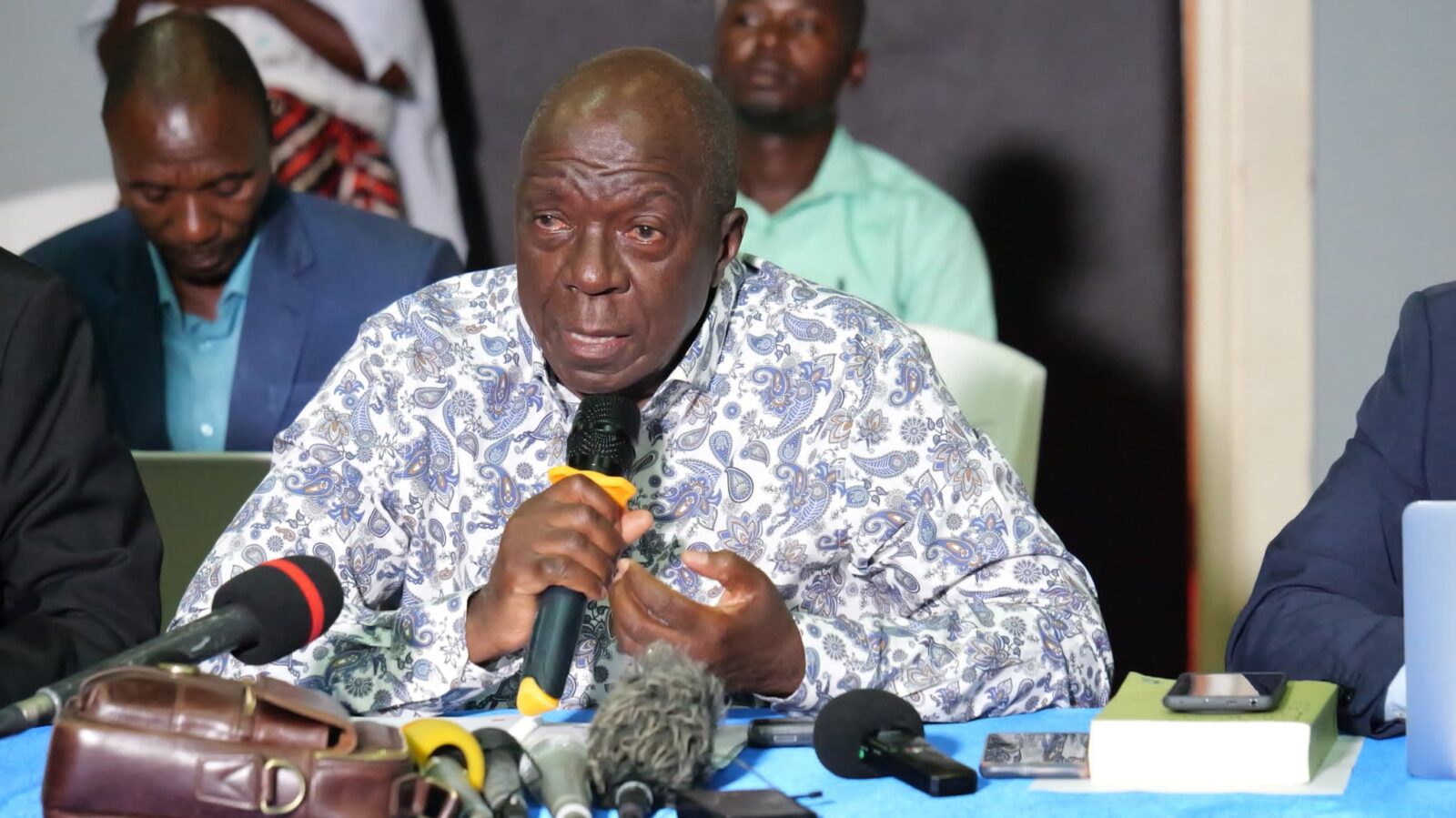
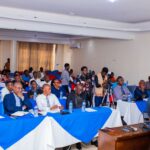
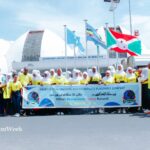
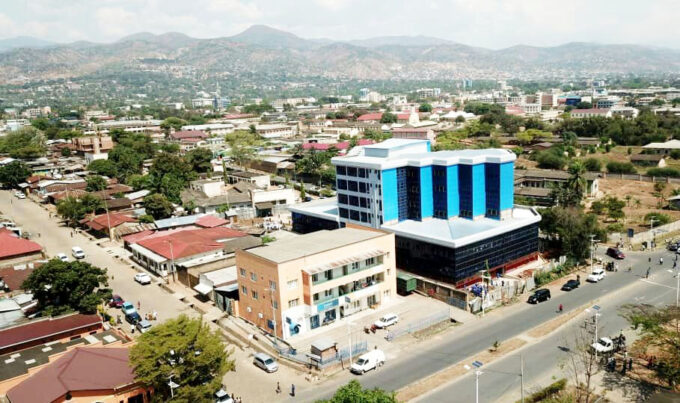
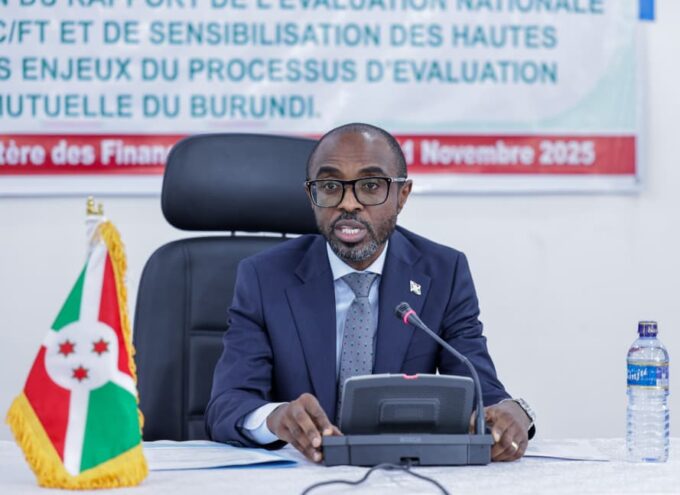
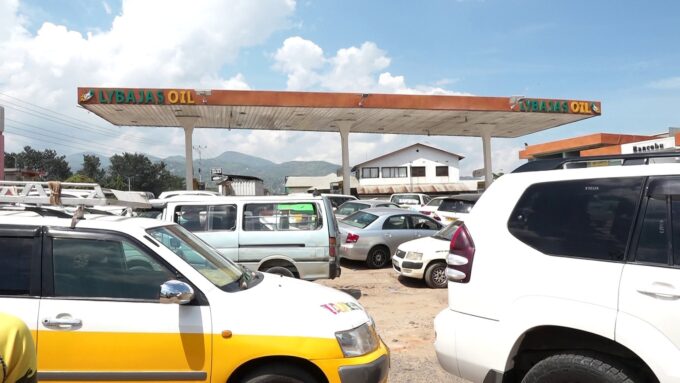
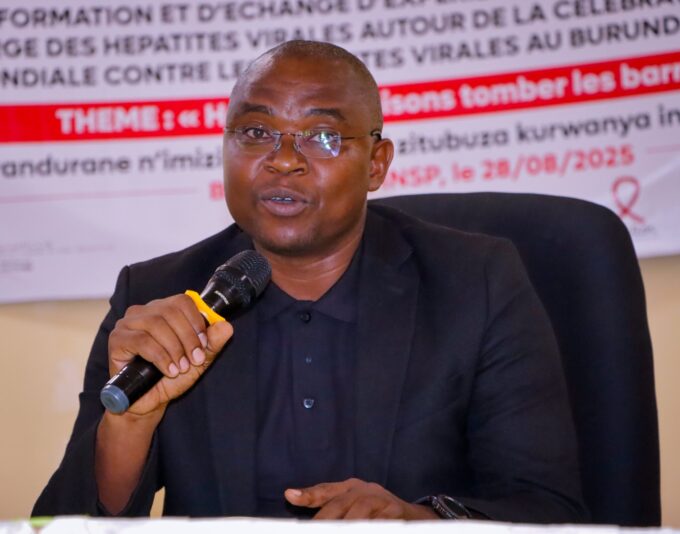
Leave a comment